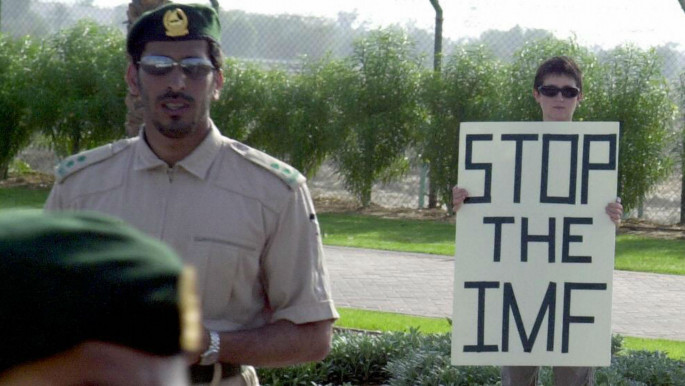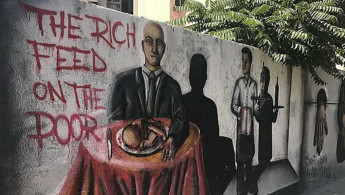Arab world economies look set to stay in the doldrums
Not so, though, for our Middle-Eastern neighbours. In terms of growth and employment, 2017 was a bad year for the Middle East and North Africa (MENA).
The causes are well-known: The more or less vigorous efforts undertaken by governments to reduce, or at least contain the public deficit. But above all, is the fact that oil prices remain depressed, despite a small recovery over the year. Nor are IMF experts very optimistic about the future, the price per barrel is likely to remain at around US$50 until 2022.
The present tensions due to climate change and warfare should not delude us, they will have only a momentary impact on prices.
Needless to say, the oil-producing countries are the hardest hit. Economic growth is anaemic, far below the population surge. Kuwait's growth in GDP is expected to drop by 2 percent, in Saudi Arabia the figure is closer to zero.
The only exception will be Iran. With the lifting of the sanctions it has taken its rightful place on the oil market and displays an impressive growth rate of 12 percent. But for how long?
 |
Economic growth is anaemic, far below the population surge |  |
The MENA countries that import their oil are better off, but not by all that much. Since the 2011 revolution, growth in Tunisia has stagnated at around 2 percent while Egypt is scarcely doing better.
Morocco is another exception, for while 2016 was a dismal year on account of drought, growth should be around 5 percent this year, thanks to plentiful rainfall. And finally four war-torn countries in the region (Libya, Syria, Yemen and Iraq) have almost no economy to speak of.
 |
|
| An Emirati police officer guards a lone protester standing outside Dubai's convention center during the International Monetary Fund (IMF)-World Bank annual meeting in 2003. [Getty] |
Christine Lagarde, general director of the IMF, has put out a call for action in the North and in the South. Deficits must be reduced, direct taxes must be increased and above all made more progressive.
In the MENA region, these play only a minor role in governments' fiscal capacity, most of which comes from the taxation of household-related consumption and imports.
Consequently, inequalities in property and income are exaggerated to unprecedented levels.
Read more: Thomas Piketty: Blame inequality for Trump and Arab Spring
Lydia Assouad, a student of economist Thomas Piketty has studied the case of Lebanon using data provided by the country's finance ministry.
The results are devastating: One percent of the population holds 25 percent of the country's income, and 40 percent of all private wealth. And Lebanon is by no means an exception, the distribution of wealth in the Gulf states is comparable, if not worse.
 |
One percent of Lebanon's population holds 25 percent of the country's income, and 40 percent of all private wealth |  |
The director of the IMF also called for structural measures to be undertaken without delay, for reforms of the institutional and judicial framework of business dealings, and for the correction of macro-financial imbalances resulting from the crisis of 2008–2010.
None of these recommendations can be put into practice without a multilateral accompaniment.
How can the stabilisation programme advocated for by the IMF in five Arab countries be financed alone, given such high levels of debt?
This appeal to international solidarity did not have much impact. The media scarcely mentioned it and the US Secretary of the Treasury, Steven T. Mnuchin, publicly advised Lagarde to mind her own business, and worry instead about the salaries of IMF executives, much too high in his view.
Jean-Pierre Sereni is a journalist and author, specialising in north Africa and the Gulf. Follow him on Twitter: @jeanpieeresrn
This is an edited translation, originally published in French by our partners at OrientXXI.



